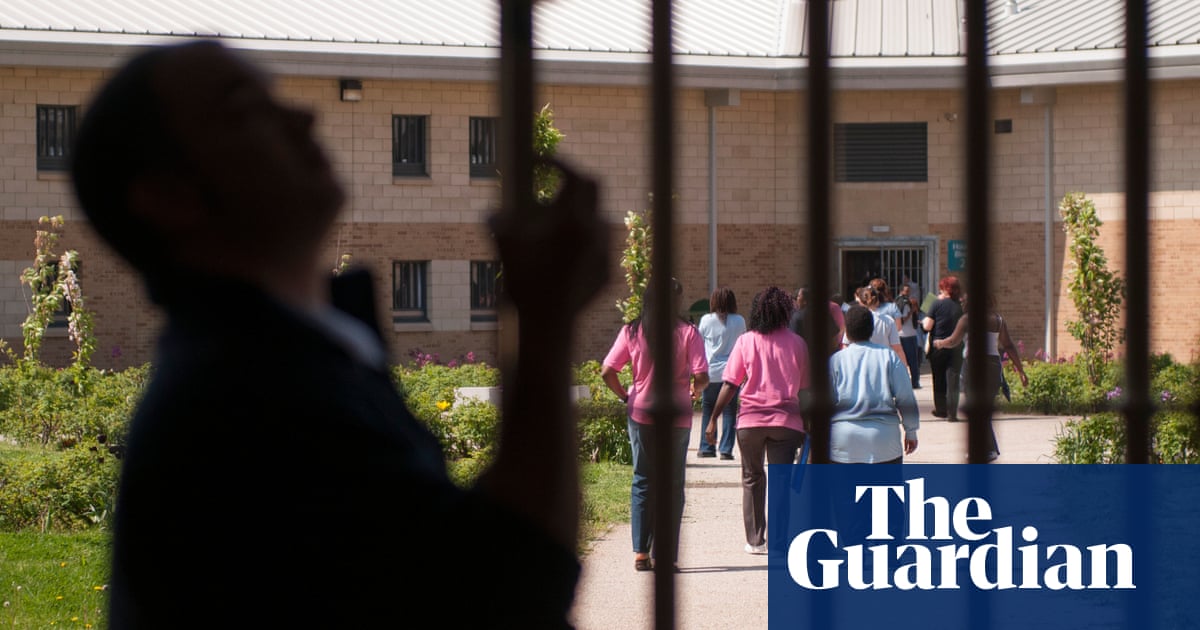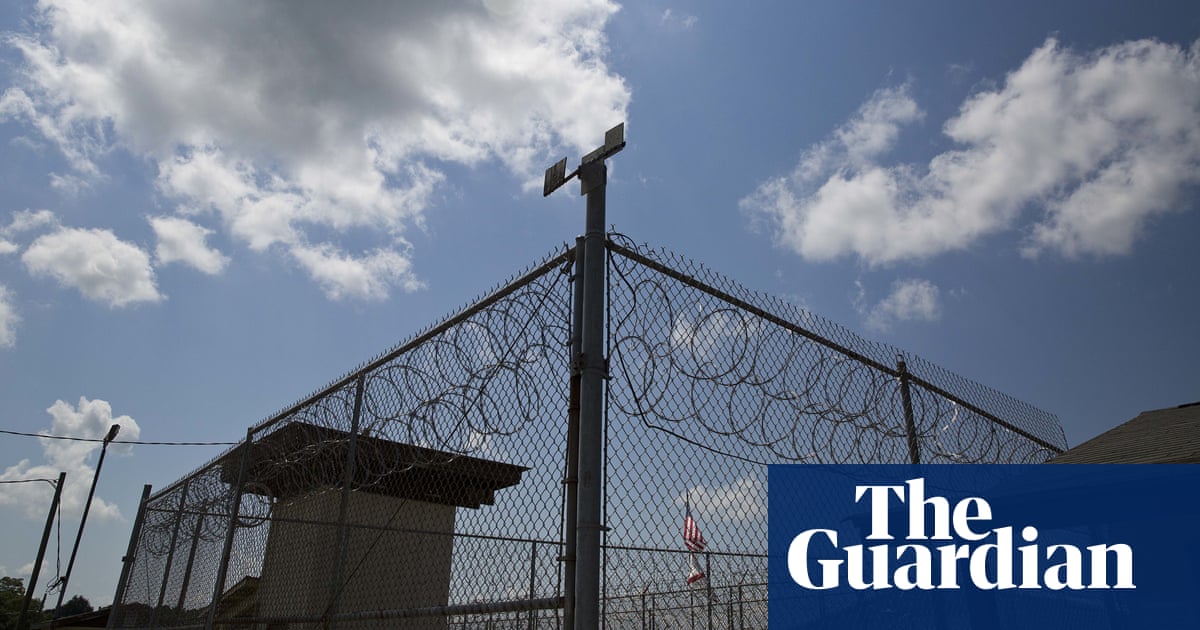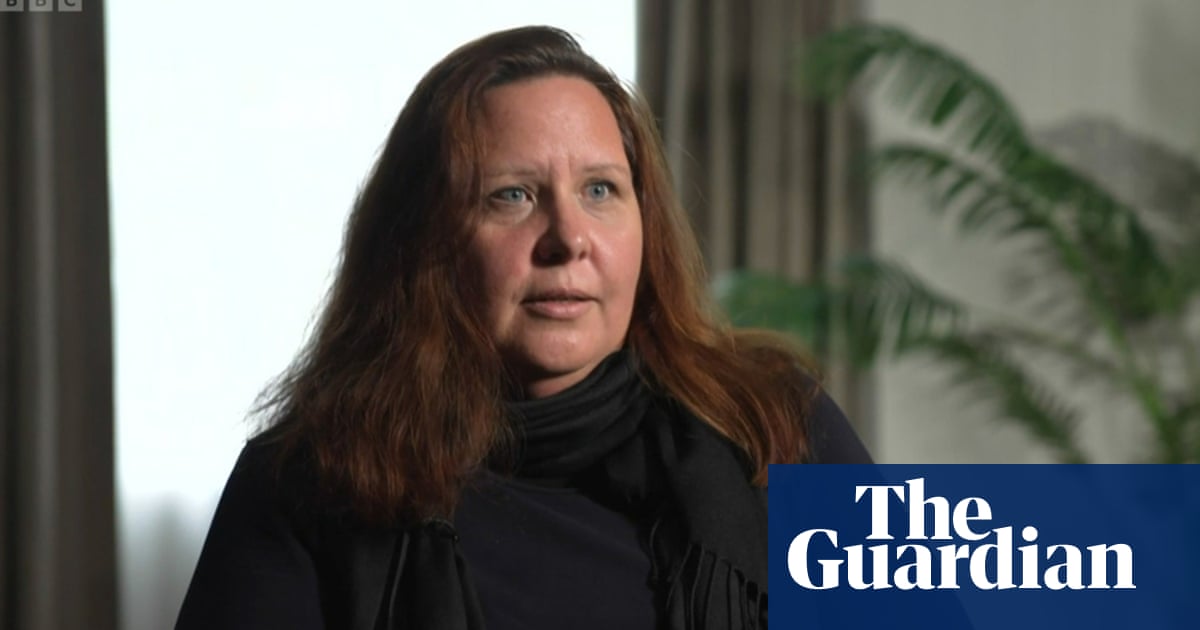
A teenage mother who gave birth alone in a prison cell to a baby who did not survive was a suspected victim of county lines exploitation, an inquest into the baby’s death heard on Wednesday.
The inquest before the senior coroner for Surrey, Richard Travers, is considering whether any failures in the care provided to Aisha Cleary’s mother or to Aisha herself contributed to her death. It has not yet been determined whether Aisha was born alive and died shortly after or was stillborn.
Aisha was born during the night of 26 September 2019 and found dead in her mother’s cell the next morning. Her mother, a vulnerable 18-year-old care leaver who was in prison for the first time on remand for a robbery charge, gave birth alone at HMP Bronzefield in Ashford, Middlesex – the largest women’s prison in Europe.
The case was first revealed by the Guardian and the baby’s death triggered 11 separate inquiries.
The mother had been remanded to HMP Bronzefield on 14 August 2019, arriving at the prison with a record stating she was six months’ pregnant. On 19 August she was told by social services that they would be seeking a court order to remove her child at birth.
Sophie Kershaw, head of safeguarding and quality assurance at Camden council – where social workers were supporting the mother prior to her remand at HMP Bronzefield – told the inquest that the woman had a very complex history, which included childhood trauma, and that she struggled in her early teenage years to engage with education and was at risk of exploitation.
Alison Hewitt, counsel to the coroner, asked if there was any indication of the mother’s involvement in county lines activity. “Yes,” Kershaw replied.
Kershaw added that one of the key social workers involved with the mother’s care “in my view went over and above to try to engage”.
She said: “One of the real worries was she was engaged in criminal activity and there was also concern that she was being exploited. She was found in a house in Northampton on two occasions. She was arrested and in custody in Northampton.
“There were difficulties from alcohol and cannabis use. She was immersed in a lifestyle where she was particularly vulnerable, she was also exploited by being groomed. Just a young girl yearning for some love and stability.”
Following concerns that she was vulnerable to sexual and criminal exploitation, she was referred to the National Referral Mechanism where claims of trafficking are investigated.
Kershaw also said the mother “wasn’t keen” on being given the status of a child “looked after” by social services, as this would mean engaging with certain checks including those relating to her health.
“She was known to the youth offender service. She had been identified as a potential victim of exploitation. We were concerned about her vulnerability to exploitation including periods of missing. She had been arrested in possession of various drugs,” Kershaw said.
Aisha’s death was investigated by the Prisons and Probation Ombudsman (PPO), Sue McAllister. In her report she said that the mother “gave birth alone in her cell overnight without medical assistance. This should never have happened.”
McAllister noted that in many ways “the situation for pregnant women in Bronzefield was symptomatic of a national absence of policies and pathways for pregnant women in custody”.
Approximately 50 witnesses from social services, community and prison midwifery services, prison healthcare staff and officers and former prisoners are due to give evidence during the course of the month-long inquest.
The hearing continues.












